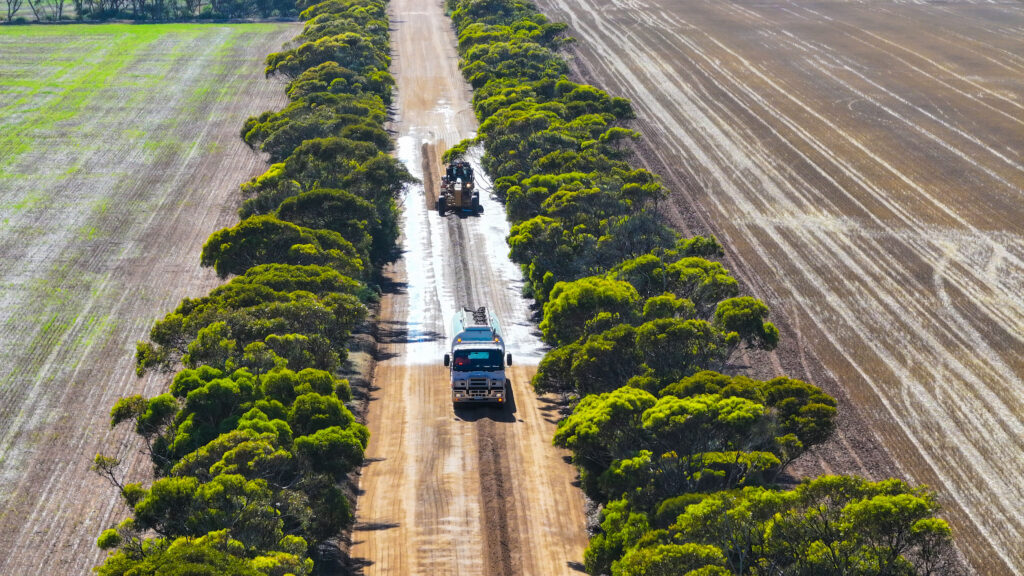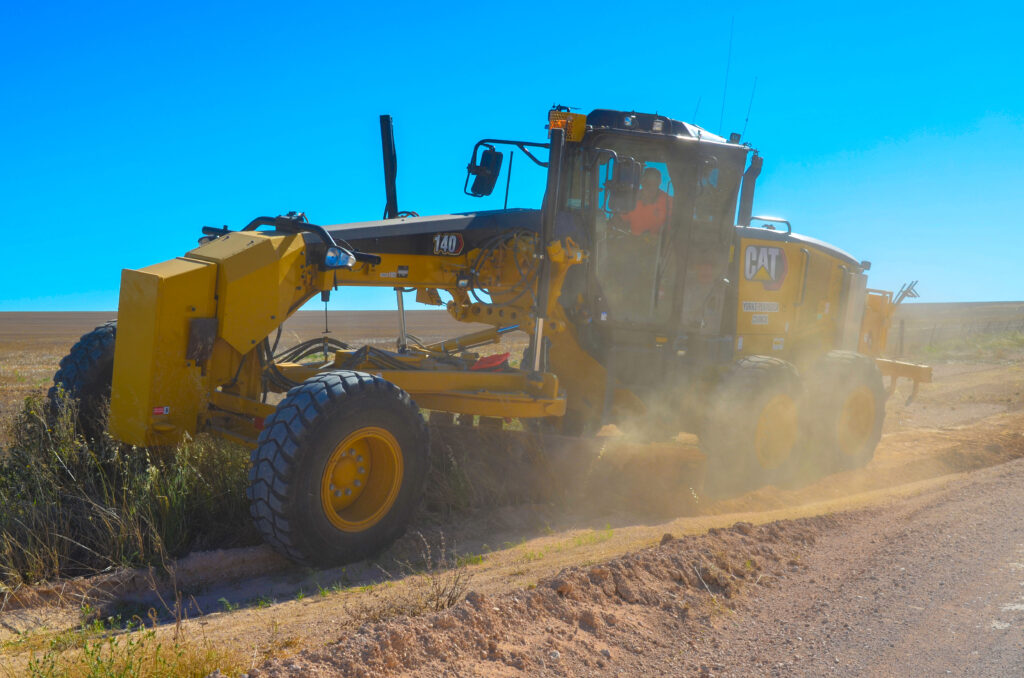Yorke Peninsula Council has changed its approach to road grading operations to deliver better outcomes and road maintenance works that last longer.
Council will limit unsealed road surface grading during the drier months and instead refocus its patrol grader resources toward specific works like road drainage, patch grading remediation of major road corrugations on curves with the help of supplementary plant or help accelerate road reconstruction works where water and other resources are more readily available.
Redirecting patrol grading in summer to either construction or other unsealed road activities will allow Council to finish construction works earlier to facilitate a diversion of more resources back to maintenance grading at the right time to provide better shape and compaction during the optimum grading months, May to September.
“In the drier weather, Council will cease road patrol grading which is comprised of dry grading material without moisture and compaction,” Director of Assets and Infrastructure Andre Kompler said.
“The reason for this is the resulting work outcomes are largely ineffective and tend to last a very short time before the road is back to the previous rough condition.
“At worst, moving dry graded uncompacted material into road surface holes or leaving loose material on the road may affect road safety.”
Mr Kompler said patrol graders would still be working on road-related projects during the drier months.

“In the summer months, Council’s patrol grading teams may be tasked to improve roadside drainage maintenance which facilitates less road damage during and after rainfall.
“They may also be paired with a watercart to focus on delivering longer-lasting patch grading maintenance repairs to areas of real safety concern.

“Some graders may be absorbed into Council’s road renewal construction crews where they will help accelerate construction so that construction teams can be available to help the patrol grader teams in winter.
“In short, there will be more graders on Council roads during winter effecting best practise and this will result in better roads year-round.”



